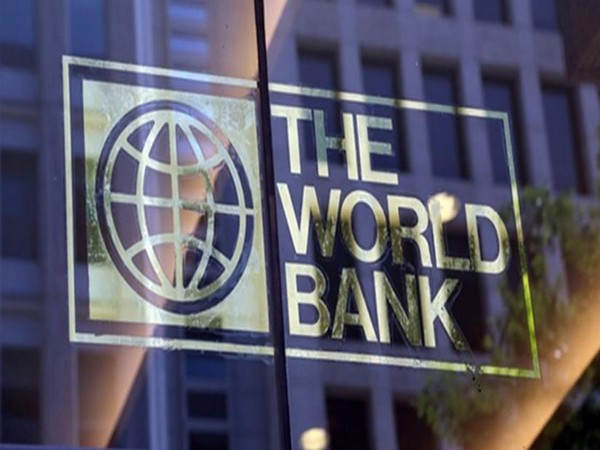Enhanced comfort level among B’desh, India & Nepal vital for success of MVA: WB official
Pitching for full implementation of Motor Vehicle Agreement MVA between India, Bangladesh and Nepal, World Bank Country Director in India Auguste Tano Kouame on Friday stressed that enhancing level of comfort between different stakeholders is essential for its success.

- Country:
- India
Pitching for full implementation of Motor Vehicle Agreement (MVA) between India, Bangladesh and Nepal, World Bank Country Director in India Auguste Tano Kouame on Friday stressed that enhancing ‘level of comfort’ between different stakeholders is essential for its success. He also maintained that while it was necessary to be ‘patient’ for achieving regional integration, which is vital for success of the MVA, one also has to be ‘ambitious’ to ensure it. “Trust is there between the governments, that’s why they signed the Agreement. There has to be an increase in level of comfort (between stakeholders) to do business with each other,” Kouame said, speaking to PTI here. The MVA was signed by India, Nepal, Bhutan and Bangladesh in June 2015 for regulation of passenger, personnel and cargo vehicular traffic among the four South Asian neighbours with the objective of seamless movement of people and goods across their borders for the benefit and integration of the region and its economic development. The Agreement was ratified only by India, Nepal and Bangladesh later, but its provisions are yet to be fully implemented. Underlining importance of ‘regional integration’ for success of pacts such as the MVA, Kouame said it takes time for achieving it and added, “One has to be patient but also ambitious to achieve regional integration.” He maintained that resources and money can only be a small part of the reasons for slow implementation of the MVA, and emphasised the need to include the private sector in cross-country trade and investment for the countries to reap the complete benefits of the MVA. Kouame pointed that studies carried out by the World Bank has indicated of immense benefits that the countries will be entitled to, especially India and its North Eastern region, if the pact is implemented. The real income of the North Eastern states of India can increase by 5-15 per cent if transport routes between India and Bangladesh are fully integrated by implementing the MVA, he said, quoting the World Bank report ‘Connecting to Thrive: Challenges and Opportunities of Transport Integration in Eastern South Asia’. The report also estimated that efficient implementation of the MVA can lead to an increase in the national income for India by 7.6 per cent and for Bangladesh by 16.6 per cent.
“We are making the countries and states realize through our findings how the implementation of MVA will hugely benefit them,” the World Bank official said. He said for implementation of the MVA, not much fiscal outlay is necessary and most infrastructure required, especially in India, is already in place. “The infrastructure already in place can be used. There is only a need to relax regulations and build trusts,” the top official said. Harmonizing custom procedures, accepting information online, etc. are some measures needed for smooth implementation of the pact, he added, also highlighting how the road and connectivity infrastructure can be utilized by the countries for benefits of its local community through improved and easier access to markets.
(This story has not been edited by Devdiscourse staff and is auto-generated from a syndicated feed.)
ALSO READ
World Bank allocates USD 16 million to support women-led businesses in Afghanistan
World Bank-Sweden report reveals poverty and distributional impacts of air pollution in Tbilisi
World Bank loans Ethiopia $1.72 bln for power, water supply expansion
World Bank asks Pakistan to adopt National Fiscal Policy amid bailout talks with IMF
World Bank unveils new scorecard to measure accountability










